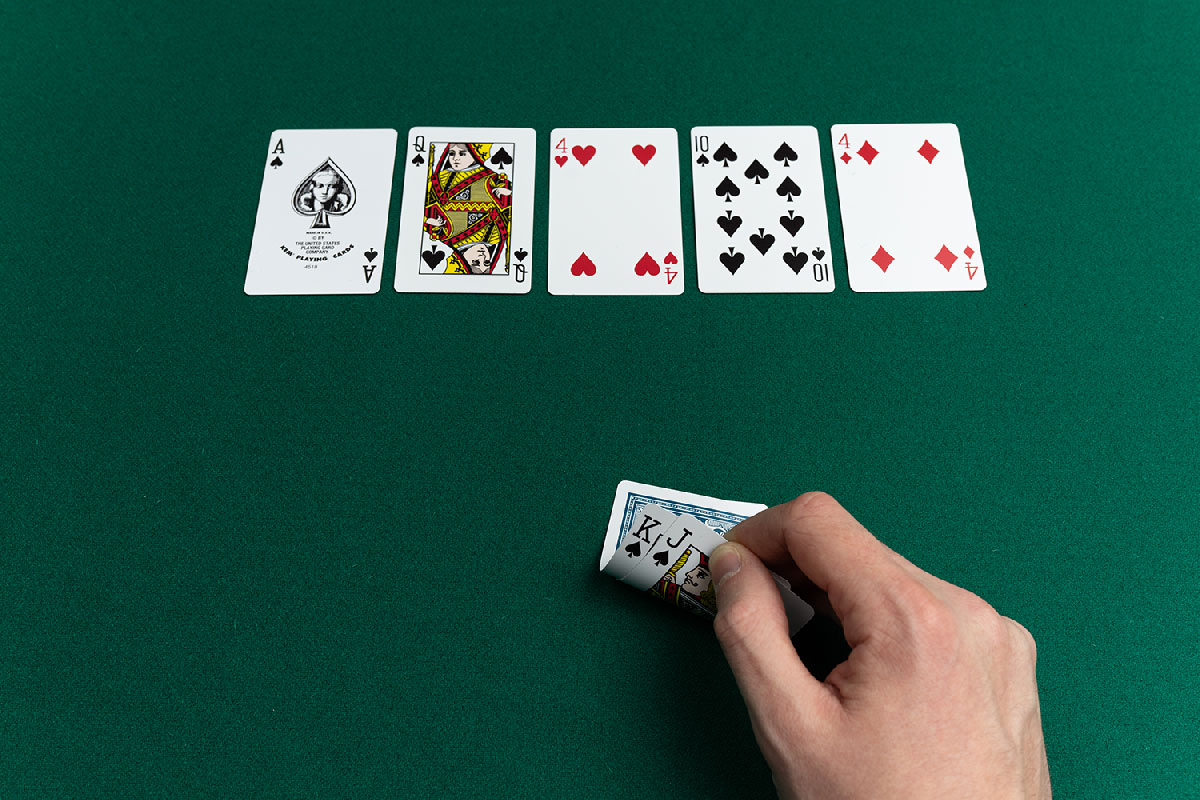
How to Master Texas Hold’em – Tips From Pro Players
An effective Texas Hold’em strategy begins with smart preflop play. Be sure to always hold onto the strongest hands before the flop lands, particularly early positions.
Small pocket pairs can add tremendous value if the flop contains an overcard; however, do not call bets with weak sets unless the pot is huge!
Basic rules
Poker is a card game that combines skill, critical thinking and the ability to read other players with luck. While luck is also involved in this sport, an experienced poker player will most often beat out an inexperienced opponent by following some basic rules such as knowing when and why to fold, as well as understanding both pot odds and implied odds for their hand.
An adept Texas Hold’em player knows when and how to raise and call, depending on their position at the table. A player’s seating proximity to the dealer button determines who acts first during each hand – thus the importance of timing in terms of when players act is essential as the later they act, the more information they gain about their opponents.
Early positions should prioritize starting hands like AK, QQ and KK for optimal starting strategies. Raise these cards as they often make top pair on the flop – especially since your kicker could make your hand stronger than theirs when two players have the same pair!
Betting intervals
Though Texas hold ’em poker may appear straightforward at first glance, mastering it requires both strategic and psychological insight to master. Players must learn to read opponents, hide tells to avoid being detected by other players and use bluffing effectively in order to weaken opponents and win pots.
Texas hold ’em is a card game in which each player receives two private cards called hole cards that remain unseen until the end of a hand. Along with understanding which hands beat which, it is also important for players to understand how tiebreakers like kickers and card ranks can break ties and win hands.
As part of improving your poker strategy, the first step should be learning how to choose starting hands effectively. Starting off strong is essential; picking poor starting cards could cause serious problems later. Be mindful of all available players when making this decision.
Limits
Hold’em is a card game in which each player receives two private cards they are only able to see themselves, before creating their poker hand by betting on flop, turn, or river and hoping for the best hand to emerge and take home the pot. It can be enjoyed as both cash and tournament play; both types offer fundamental strategies which will help improve one’s skills at the table.
One of the key tenets of Texas Hold’em strategy is adaptability. Adjusting to changing conditions, table dynamics and opponents’ playing styles require regular evaluation and adjustments; with an effective Texas Hold’em plan in place you will be able to respond seamlessly to such adjustments while remaining competitive throughout a tournament.
Selecting appropriate starting hands is key to effective Texas Hold’em strategy. In general, it is wise to play only strong poker hands from early positions. There may be exceptions; hands like KQ off-suit may have more bluffing value when played heads-up rather than late position.
Bluffing
Mastering advanced poker strategies such as bluffing and hand reading is essential to defeating recreational players at poker tables, but requires extensive practice and study. Those who can master these abilities will gain an advantage at the table even against high-stakes opponents.
Bluffing can be an effective strategy, but must only be used sparingly and when appropriate. Understanding game dynamics and your opponent’s playing style are keys to making bluffing work successfully.
To prevent losses from being chased down, it is crucial that you play at stakes that match both your comfort zone and skill level. This will allow you to maintain a healthy bankroll without making poor decisions when losing. It is also vital that you understand when and when not to fold – this concept may be difficult for novice players, yet folding is integral part of Texas Hold’em strategy. Furthermore, learning your opponent’s preflop tendencies is key before betting occurs.


